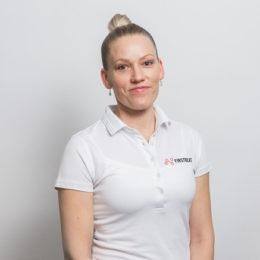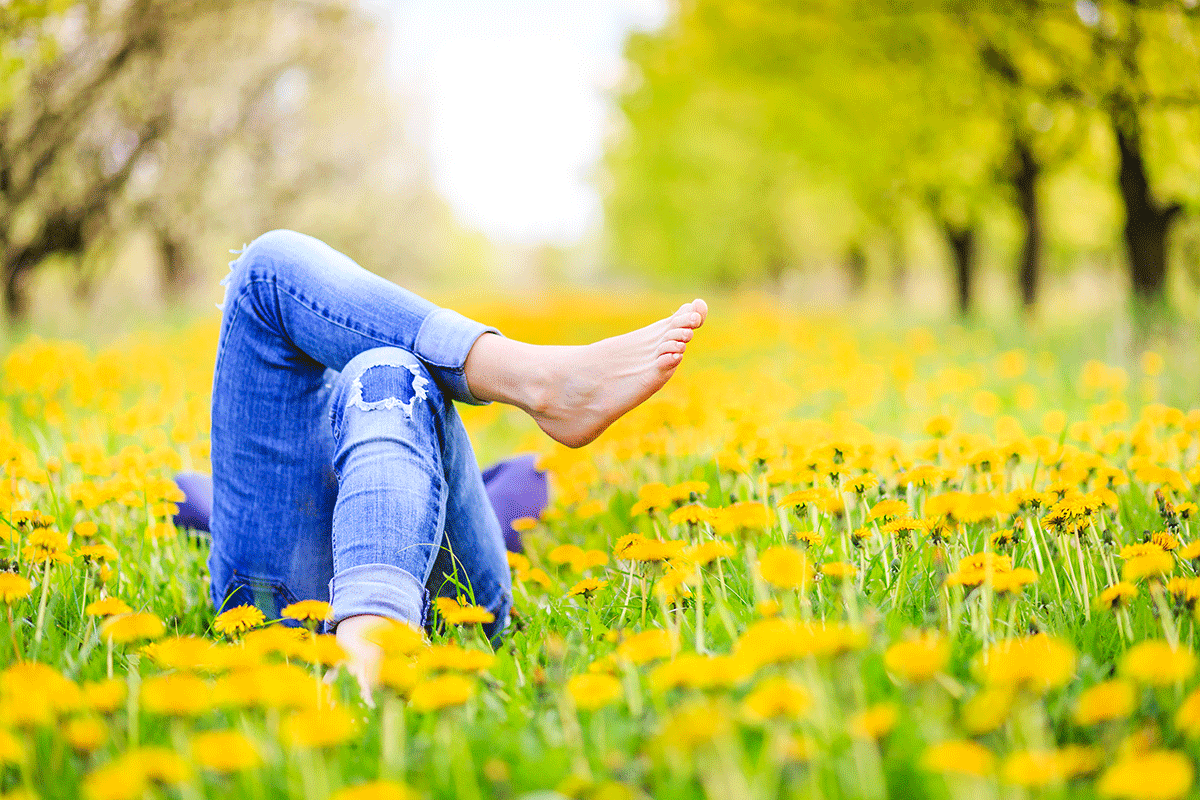
The summer holidays can give you a chance to get away from the sometimes tedious routines that you follow during the rest of the year, but it’s also easy to overbook yourself during your time off, resulting in high expectations and too many things to do. You deserve a break but will feel better afterwards if you look after your personal well-being during your vacation.
There are many ways to take holidays – from staycations to traveling abroad or staying at cabins or resorts, and from taking occasional long weekends to having 3-5 weeks off at a time. There is no “right way” to vacation – the key is to figure out what works for you and make the most of whatever vacation you have an opportunity to take this year, in your current life situation.
”Making the most”, however, often means fully booked schedules, long travel days, do-it-yourself projects, and long social evenings over drinks. All these activities can be a nice change of pace, but an important goal of vacations – charging your battery and getting away from the hectic nature of working life – might go amiss. Even fun activities can turn into stress if there is too much of it, or if you don’t give yourself a chance to recover.
Of course, we have different needs – one person can love hustle and bustle and being on the go; while another might crave silence and slow alone-time. Recognizing your own wishes and needs is one of the most important starting points of building your ideal kind of vacation (“what do I want”). Compromises are needed, of course, but a certain amount of selfishness is also allowed.
Sticking with Good Habits Takes Commitment
Basic tips to enjoy a restorative vacation are familiar to most of us:
- Don’t load your vacation with huge expectations
- Avoid over-booking your days
- Reserve time for peaceful being – days when you don’t “accomplish” much are OK!
- Consume alcohol and heavy foods in moderation
- Remember to get enough sleep
However, putting good ideas into practice requires a bit of self-discipline and commitment. You should take a break from your usual routines, but if you turn all routines upside down – from your sleep and other daily rhythms to exercise and nutrition habits – your body starts to rebel. This consumes your resources and energy and you might start experiencing some form of “holiday exhaustion”.
Amount of Sleep and Exercise Drops During the Summer Months
The Firstbeat database shows that we sleep less during the summer (Fig 1) than during the rest of the year. Light evenings and nights, especially up here in the north, are at least in part to blame for this trend. You don’t feel sleepy if the sun is shining from high in the sky at the time when the sandman usually enters. Going to sleep might feel like a waste – it’s so nice to experience this exceptional season awake.
In the background, brain chemistry plays a role as well. Energized by the light summer evenings, we are tempted to keep busy late into the night. This sends conflicting signals to the brain and as a result, cortisol (stress hormone) stays high, and melatonin (sleep hormone) stays low, making it hard to fall asleep. If sunshine is allowed to pour in during the early morning hours, the brain gets a signal again to boost cortisol secretion – to help you wake up.
Everyone who visits the high north in the summer notices how difficult it is to sleep in the light, whereas people who grow up here often claim to have no trouble sleeping in bright daylight. However, circadian physiology makes sense, and especially for light and challenged sleepers, light nights can reduce sleep quality significantly. If you want to improve your sleep quality in the summer, a dark bedroom is a no-brainer. Luckily, this is easy to do with darkening curtains or a quality face mask.
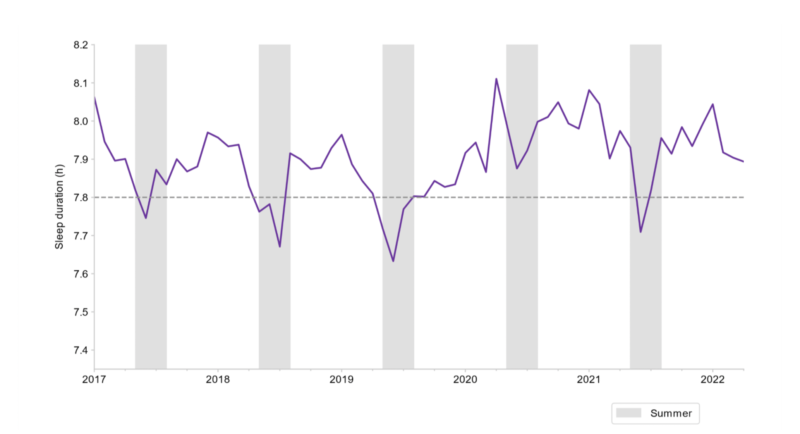
Figure 1. Firstbeat database 2017-2022 shows that sleep duration is shorter in the summer months. During the pandemic, sleep duration increased, but the summer dip is clearly visible.
The amount of physical activity we do also drops in the summer, according to the Firstbeat database. For many fitness buffs, this is a useful break from the schedule that they keep during the year, like athletes taking a training break after the competition season. But if your exercise volume drops to zero in the summer, your fitness level starts to decline, and you might gain weight – and getting going again after the holidays can seem laborious.
A good plan might be to exercise according to your mood – avoid strict schedules and focus on rest and recovery, but at the same time, ensure that you include at least some activity in your vacation days. Perhaps try some fun activities that don’t even feel like training but are bound to get your blood flowing and muscles moving.
A Few Tips if You Are Using Firstbeat Life or Other Wearable Data
During a holiday, it can be liberating to take a break from the constant monitoring that has become the norm for so many. Instead of living by the numbers, consider giving yourself a break and let your body guide the way.
That said, data can also provide guidance for building your holiday routines. You could try making a 2-3-day Firstbeat Life measurement when the vacation starts, living like you normally do. See what observations you make and pick 1–2 things to be mindful of as the holidays continues, such as bedtime, sleep duration, evening routine, relaxing daytime moments, alcohol consumption, or daily physical activity.
Repeat the measurement at the end of your holiday and see if you notice any changes – or things to pay attention to as you launch back into work mode. In addition to looking at the various scores (for stress, sleep and exercise), you can pay attention to:
- Amount (minutes) of light activity and exercise, as well as number of steps
- Recovery during the daytime
- Resting heart rate (under ”other measurement information”) or heart rate variability during sleep (”quality of recovery”)
I don’t mean to push for strict guidelines for your holiday, or for over-relying on data as a measure of your well-being, but if utilized in a sensible way, data can be a good motivator and assistant in building the core wellness principles that belong to your kind of life.
Wishing you relaxing vacation days or days-off this summer! Take care of yourself, whether on holiday or not, and try to adopt a kind, merciful attitude towards yourself (with a twist of firmness, where needed!). 😉 For more reading, check out other Firstbeat blogs, for example this holiday blog from a few years ago: Top 5 Tips for Charging Your Batteries and Recovering During the Summer.
Balance stress and recovery for better health. Firstbeat Life helps you discover what’s right for you and how to improve your physical and mental well-being, one small change at a time.
You might also be interested in
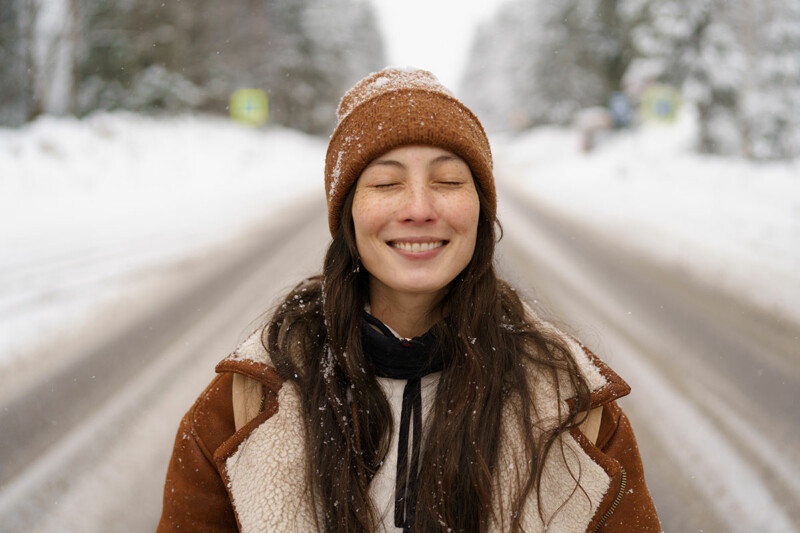
Well-Being of the Mind and the Body Go Hand in Hand – Tips for Training Your Mind to Beat Stress
The body and the mind are closely interconnected. If your physical health is challenged, it will quickly affect your mental well-being, or if your mind is struggling, it’s reflected in…
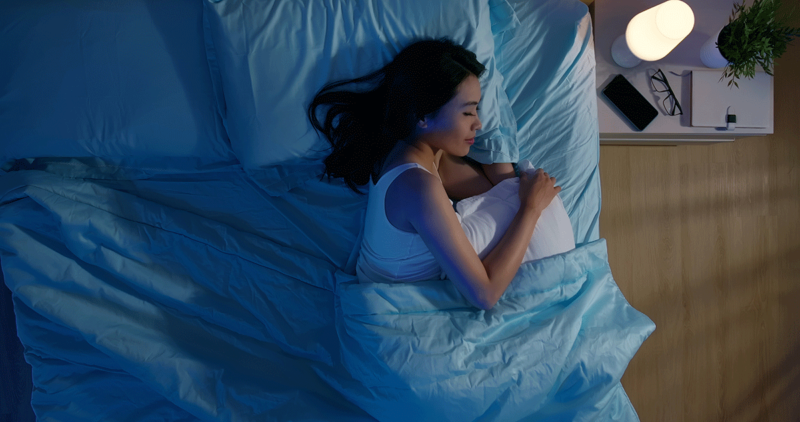
Towards Better Sleep: What Do Hormones, Daylight and Being Active Have to Do with It?
In March we celebrate healthy sleep because it is international sleep month and sleep awareness month – and today is World Sleep Day. A good time to spend a few…
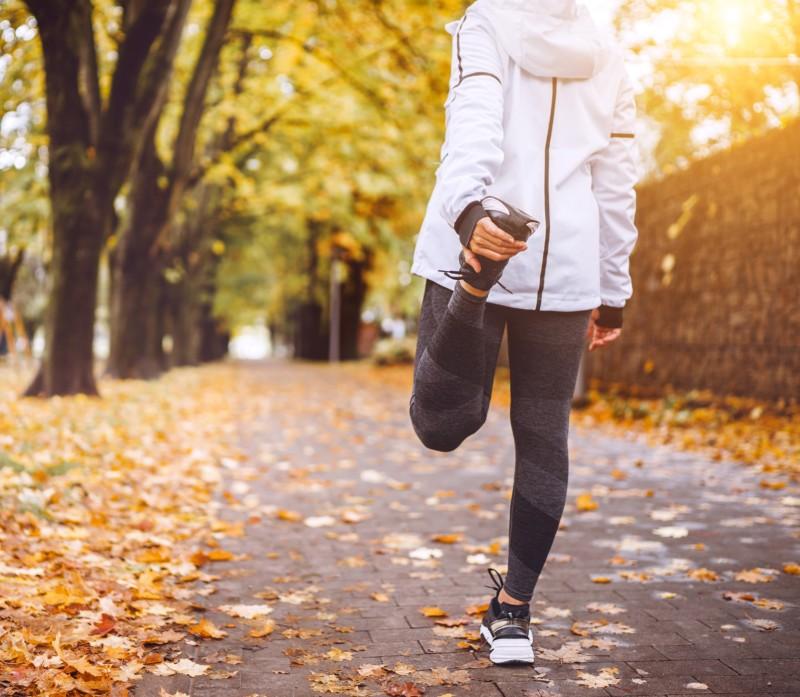
Improve Your Fitness, Recover Better – Optimise Your Exercise with Firstbeat Life Training Effect
Physical activity and fitness level are associated with better recovery and stress management. Even a small increase in fitness improves your energy level and ability to recover. The Training Effect feature of Firstbeat Life wellness solution will help you optimize and balance your training better.


